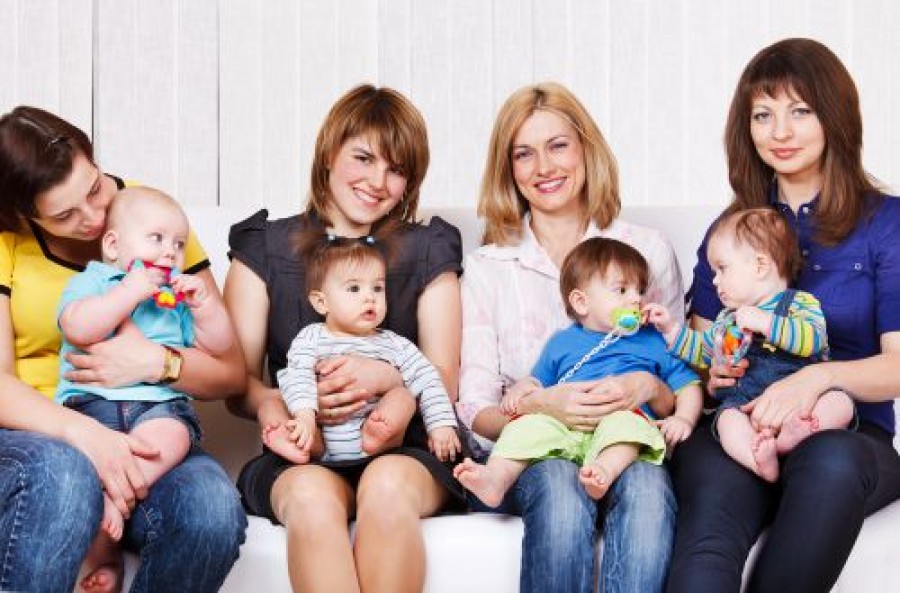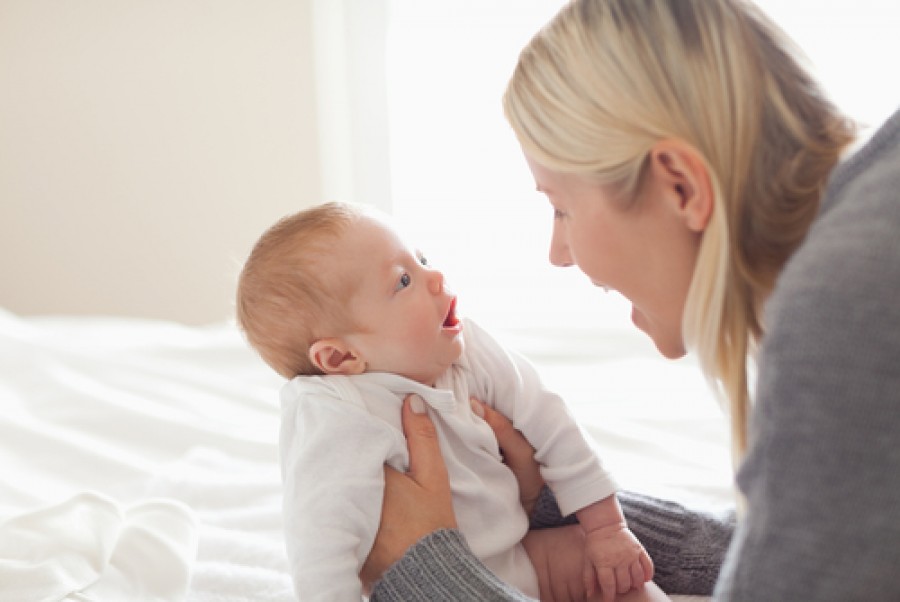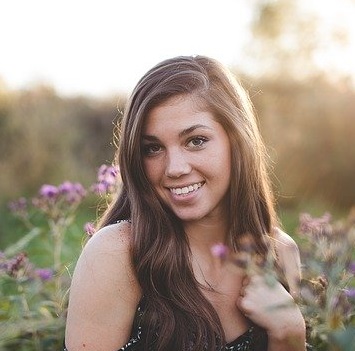Reasons you should join mum and baby groups

Baby’s and toddler’s love other baby’s – put a bunch of them together and you can find hours of entertainment just watching them beginning to interact with each other.
Your baby’s social development is just as important as their cognitive, physical and emotional development and mum and baby groups are a great way to help support all development stages with your baby! It’s also a great way for new mums to get advice, tips, share struggles and get out of that too familiar feeling of ‘getting it wrong’.
Not all babies develop socially at the same time, and not all will need support with developing the same social skills at the same time. How and what your child develops will vary depending on a number of factors, including their age and whether they have siblings at home. But it’s always helpful to know what the normal social development skills are by different age groups.
What do we mean by social skills?
Social skills refer to all the ways in which we communicate with each other – verbal and nonverbal. For babies this could mean:
· How they react when they see you – by around four months old your baby should be happy to see you, will smile and may become needy if you move away from them.
· How they react to other people – especially people they don’t know. From about 6 months your baby may be unsure and quieter around new people as they try to see how they interact with them.
· Engaging with their surroundings – your baby should notice other people in their environment and from around 6 months will likely be babbling and making noises along with others in ‘conversation’ with them!
· Engaged with social activities – the most noticeable time you will see your baby engaging in social activities is at mealtimes – it can be surprising to see how much they know is going on! Baby’s love being included in this social activity and being included as part of the family to sit down and eat at meal times.
What sort of social skills will my baby develop?
As mentioned above, mum and baby groups are great for a number of different reasons – not just helping your baby develop socially. Later on as your baby grows, this type of social scenario may develop into ‘play dates’ which are a key part of growing up! Early social interaction through these types of groups can really help prepare baby’s for later play dates, and eventually pre-primary and primary social interactions.
Some of the key social development skills mum and baby groups can help to develop include:
· Teaching empathy – babies learn best through imitation and you will often notice that as your baby grows they spend a lot of time studying facial expressions and people. It’s not uncommon that if one baby is crying, other babies will start crying too – even if they don’t know why! Being around other baby’s as they experience and learn new things, helps your baby to develop empathy.
· Personal Space – this one becomes more important as your baby grows and reaches toddlerhood. While your baby may be used to climbing all over you, their siblings and other family members, not all people/baby’s will like this! This type of social development is good to learn around other babies, and mum and baby groups allow baby’s a good space to learn about being around one another.
· Social overtures – as mentioned above, baby’s love to learn through imitation and love being around other babies and children – through this style of social interaction they have a safe space to observe, learn and experience other babies and how they engage with the world around them.
· Sharing skills – this one might be more important for baby’s without any siblings! Sharing is a key social skill amongst children and is an important skill to start teaching early. Mum and baby groups are great way to get your baby used to playing with other children and sharing toys too.
What are the later stages of social development by age?
As babies, their social skills can be relatively basic and based more on imitation and engagement over anything else. As your baby grows and develops further there are other social skills and social skills they will start to show.
· 2-3 years old – your toddler will be able to initiate basic conversations, look for and at who is talking to them and wait their turn to respond in conversation. They will also likely have developed a bit of a mischievous side and find silly scenarios and objects funny.
· 3-4 years old – by this age, your toddler will likely be a little chatterbox – including giving voices to toys and making up games and conversations. They will do this with other children and should hopefully be happy taking turns and sharing toys.
· 4-5 years old – by this age your child should be happy giving instructions to other children, play role-play games, and use general social overtures appropriately such as ‘please’ and ‘thank you’.
Where can I find out about mum and baby groups in my area?
Once you start looking you will probably be surprised by the number of groups you can find – and it’s important to try a few to make sure you find the right group where you and your baby feel comfortable. It’s just as much about you making friends as a new mum, as well as your baby’s development.
Some great starting points to find local mum and baby groups include:
· Your midwife – can probably recommend a few well-known and popular groups
· Community centres – usually offer a full range of groups from music and dancing, to crafts, to general soft play and toy get togethers
· Art galleries and museums – more often this places are encouraging mums and babies through the doors with events just for them
· Facebook – facebook is a great source not only for mum and baby meetup groups, but also for chat groups and other baby related events. There’s a whole host of mums networking and sharing advice and tips and is a great resource for any new mum.
As with all of your baby’s development, there is no ‘set’ stage by which they should be doing everything. Mum and baby groups should not be about comparison or making you feel bad if your baby hasn’t achieved a certain skill when other baby’s in the group have. They are designed to be a supportive, happy and safe place for mums and baby’s alike to get together and share in the joy of parenthood.
As always, if you are concerned at all about any aspect of your baby’s development – social or otherwise – always speak with your doctor of midwife who can reassure you and make sure further tests are done if needed.



